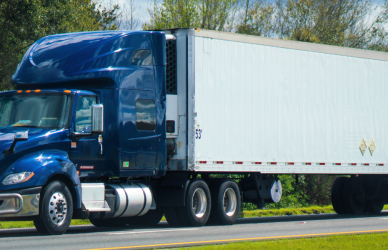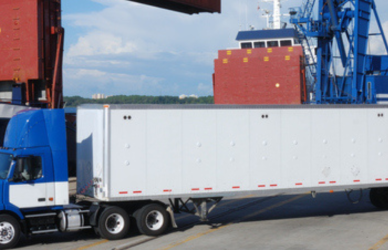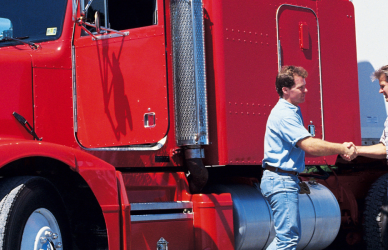Reefer trailers play a vital role in the transportation of temperature-sensitive products. If you’re a truck driver looking to make some extra money, purchasing a reefer trailer could be a smart move. If this is something you’re considering, it’s important to know what to look for before making such a significant purchase. To help you out, here are seven key considerations when buying a reefer trailer.
- New vs. Used: While a new reefer trailer may seem appealing, it might not be the most cost-effective option. Consider exploring the used market, where you can find quality trailers at a fraction of the cost. Just be sure to buy from a reputable source to avoid any scams.
- Reefers vs. Dry Vans: Both reefer and dry van trailers offer protection for your freight. Decide which option best suits your needs and consider factors such as repairs and damaged panels.
- Hours of the Reefer: The number of hours a reefer trailer has operated is more important than its age. Look for trailers with average yearly usage to ensure you’re getting a reliable option.
- Thermo King or Carrier: These two brands dominate the temperature control system industry. Consider what you’ll be hauling and seek input from experienced drivers to determine which brand is the most reliable for your specific needs.
- Maintenance Records: Request and review the maintenance records for any used reefer trailer you’re interested in. A well-maintained trailer with a documented service history is more likely to be reliable and have a longer lifespan. It can also give you insights into any recurring issues or repairs that may need your attention in the future. Don’t hesitate to ask the seller or dealer for these records, as they can provide valuable information about the trailer’s overall condition and upkeep.
- Examine the Trailer: If you’re buying a used trailer, it’s crucial to thoroughly inspect it before making a purchase. Look for leaks, rust, and other damage that could affect the trailer’s performance. Additionally, check the weight to avoid unnecessary fuel costs.
- Regulatory Compliance: Ensure that the reefer trailer you intend to purchase complies with all relevant regulations and standards. Different regions and industries may have specific requirements regarding temperature control, safety features, and emissions. It’s crucial to check whether the trailer meets these standards to avoid potential fines or operational restrictions. Additionally, staying compliant can help you maintain the integrity of your temperature-sensitive cargo and your reputation as a reliable transporter. Always verify the trailer’s compliance with local, state, and federal regulations before finalizing your purchase.
By considering these factors, you’ll be well-equipped to make an informed decision when purchasing a reefer trailer. Don’t overlook the importance of research so you can begin the purchase process with the necessary knowledge to make the best choice for your needs on this investment.











